UK farming is undergoing major change in terms of direction and funding. Here’s what’s happening:
History
The EU's Common Agricultural Policy (CAP) was created in 1957, the final iteration in the UK being the Basic Payment Scheme (BPS). BPS was introduced in January 2015 to provide financial support to farms and has since become the largest rural payment scheme in the farming industry. To be eligible for this annual payment, farmers needed to be actively farming the land, occupy at least five hectares of eligible land (agricultural land used primarily for an agricultural activity for the whole calendar year) and own BPS entitlements (either applied for from the Regional Reserve, inherited through succession or sale, or leased from another farm business). BPS was a dependable income for many farmers – according to Defra, 42% of farms are unprofitable without Basic Payment Scheme support.
The agricultural transition began on 1 January 2021, starting the gradual phasing out of BPS by 2028 and introducing a new system based on public money for public goods. In England, future policy is driven through three elements of Environmental Land Management (ELM): the Sustainable Farming Incentive (SFI); Countryside Stewardship +; and Landscape Recovery. Policy in Scotland and Wales has yet to be finalised.
The change
BPS payments have already been reduced by at least 50% and the SFI is available to those who previously received BPS income. As part of the phase-out of BPS across the UK, Defra will switch to making delinked payments. This aims to streamline the payment system, aiding a smoother and more straightforward transition away from the BPS scheme.
A farmer’s delinked payment will be calculated using their average BPS payment received during the scheme years 2020 to 2022 (reference period) and will be made in two instalments each year, 50% in August and 50% in December.
The new delinked payment scheme no longer requires farmers to be occupying land meaning recently retired farmers and those who have downsized can be eligible, subject to meeting the criteria of having claimed BPS payments on five hectares of land in 2023.
What to consider
1. Land transfers
For business changes during the reference period, reference data can be transferred between businesses to calculate the reference amount for eligible land. The process varies depending on whether the old business’ Single Business Identifier (SBI) is open or closed. If a business has a new SBI, it will normally be treated as a new business which cannot benefit from the BPS claim history of a previous business. The transfer window is open until 10 May 2024 and requests can be made using the Rural Payments Service. Guidance can be found here.
2. Eligibility
To be eligible to receive the delinked payments, farmers must have successfully claimed BPS payments in 2023. Delinked payments can still be received even if you chose to stop farming after the BPS 2023 application deadline (15 May 2023). Anyone who has received a payment under the Lump Sum Exit Scheme will not be eligible to receive delinked payments.
Diversification
As subsidies decrease the case for diversification to develop alternative income streams grows. According to Defra analysis conducted in 2022, approximately half (51%) of farmers earned income from diversified enterprises other than leasing buildings. When compared with the 33% reported 10 years earlier, it underscores a notable surge. Savills blog Farm shops: unearthing opportunities in the market, highlights the popular approach of setting up a farm shop, and how the business might be developed over time.
Looking further than subsidy payments could lead farmers to seize the opportunity to re-evaluate, adapt and innovate whether it be through embracing technology and renewable energy to increase efficiency and reduce on farm costs or by developing income streams within the emerging environmental services markets by creating Biodiversity Net Gain units and/or carbon credits.
Finally, farmers can now apply for SFI agreements which are able to run alongside existing Countryside Stewardship agreements and also the delinked BPS regime. This should therefore act as a buffer between now and 2028 and help bolster payments, albeit marginally.
Further information
Contact Georgina Sweeting or Jordan Rimmer
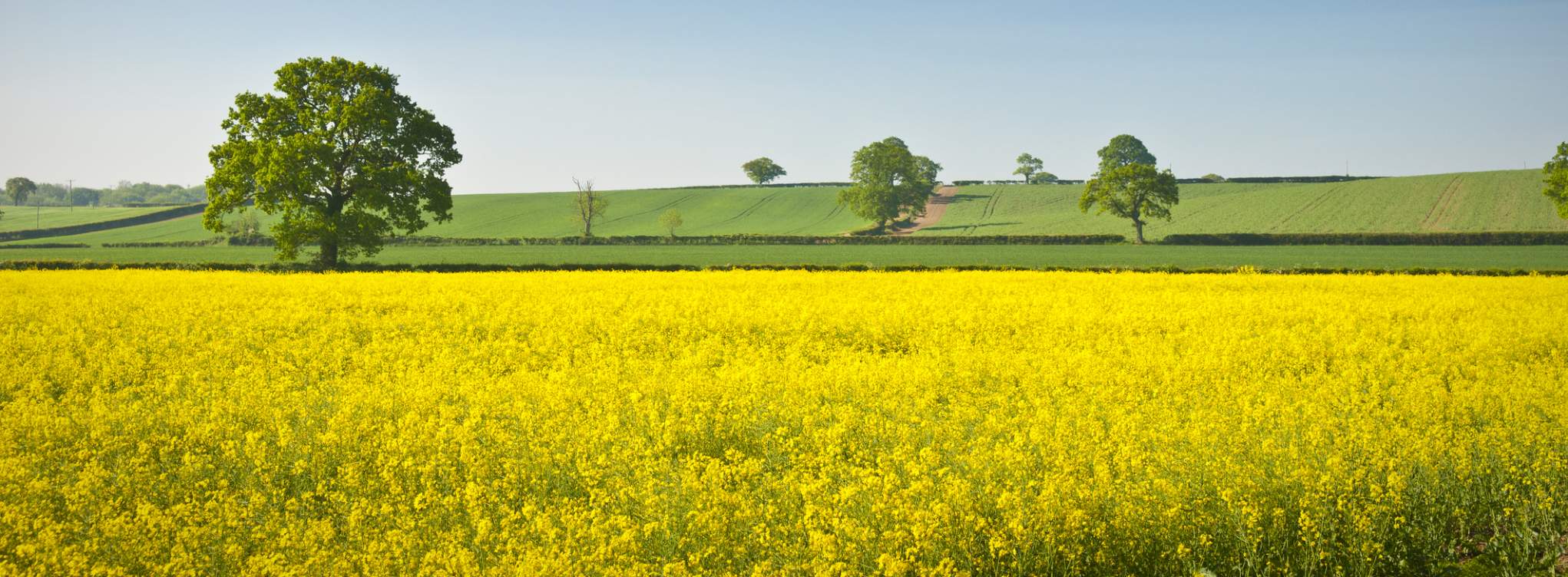
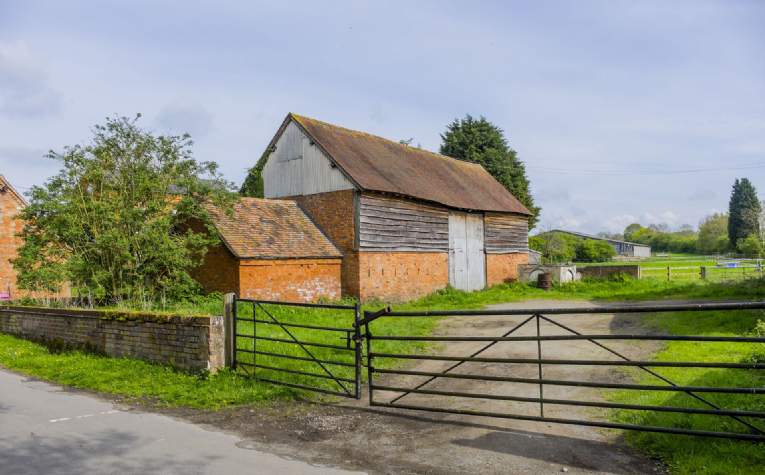

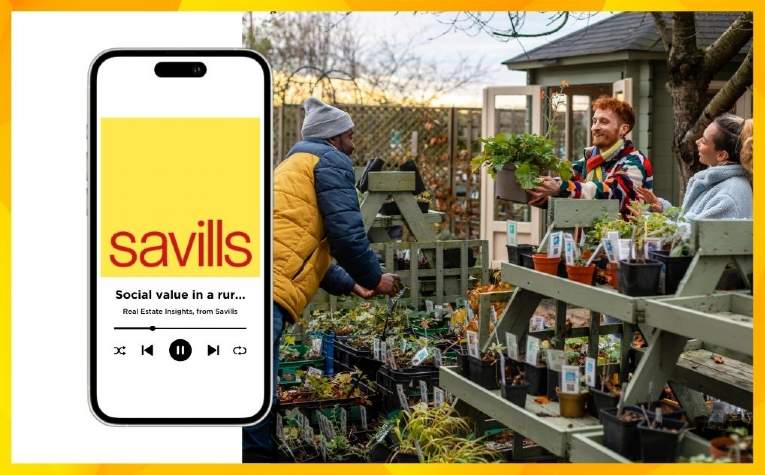
.jpg)
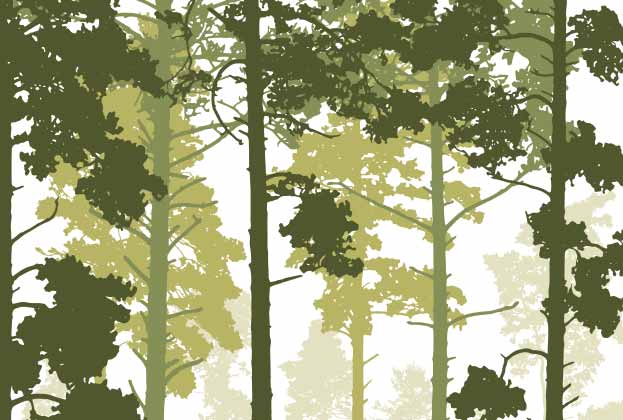
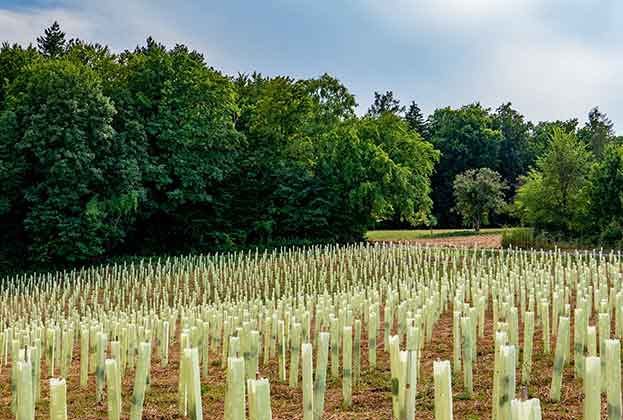
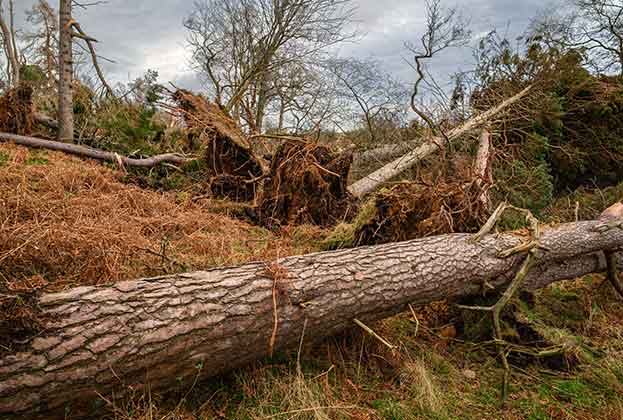
.jpg)
.jpg)
.jpg)